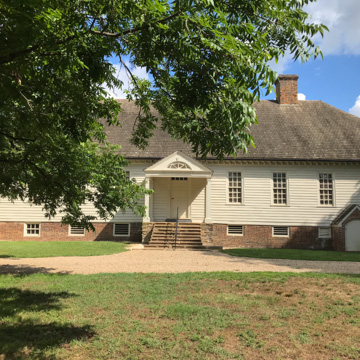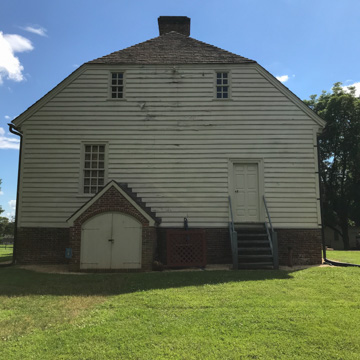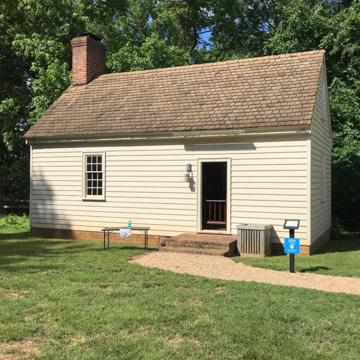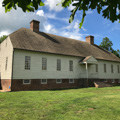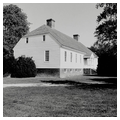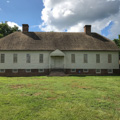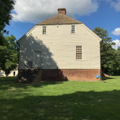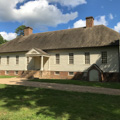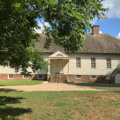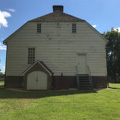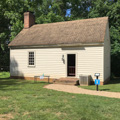Scotchtown is important historically because Patrick Henry, the fiery Revolutionary orator, lived at this plantation between 1771 and 1778 and during this period gave some of his most impassioned addresses. It is important in architectural terms as the largest surviving one-story colonial house in Virginia. It dates to some time after 1717, when Charles Chiswell of Williamsburg purchased the property. With nine bays, it resembles a barn. Eight rooms and a central passage occupy the main floor, and more space is provided under the clipped or jerkinhead gable roof. Several outbuildings have been restored along with the gardens. The property is owned by the APVA.
You are here
Scotchtown
c. 1717. 1958, restoration. 1970, gardens, Griswold, Winters and Swain. Scotchtown Rd. (VA 685). Open to the public
If SAH Archipedia has been useful to you, please consider supporting it.
SAH Archipedia tells the story of the United States through its buildings, landscapes, and cities. This freely available resource empowers the public with authoritative knowledge that deepens their understanding and appreciation of the built environment. But the Society of Architectural Historians, which created SAH Archipedia with University of Virginia Press, needs your support to maintain the high-caliber research, writing, photography, cartography, editing, design, and programming that make SAH Archipedia a trusted online resource available to all who value the history of place, heritage tourism, and learning.



















